Do You See Yourself As Irish?
When I am travelling in Ireland and someone asks me - "Where are you from?" - the answer is usually expected to be the county where you live. It's only when I travel abroad that I start to think of myself as an "Irish man" as opposed to a "Cork man". Do you have a similar experience?
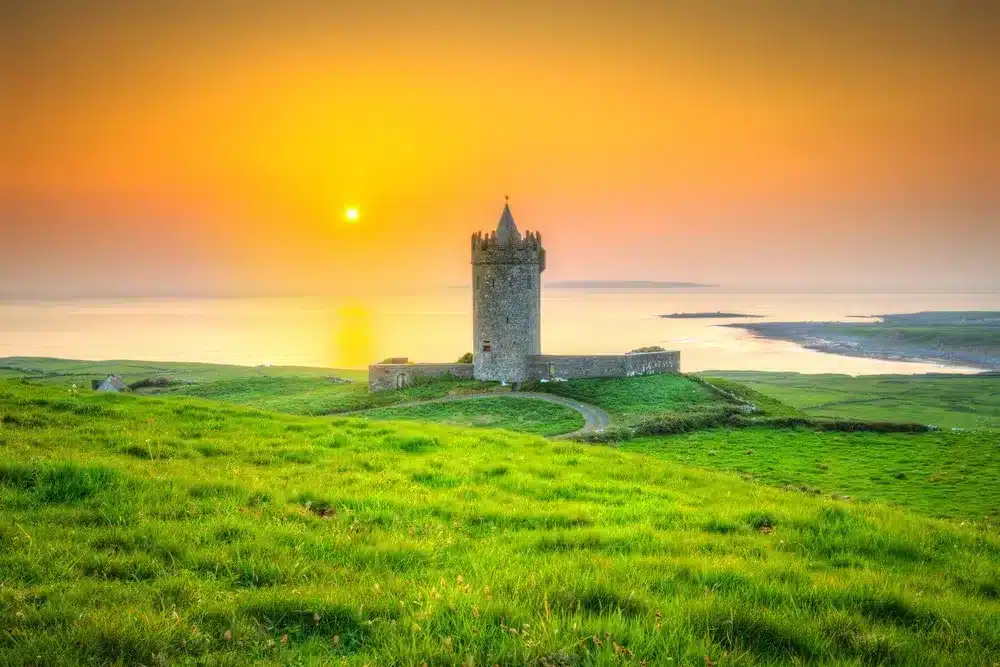
I recently came across an article on Irish Central with the headline “Why do people in Ireland not consider an Irish-American to be Irish?” It was written by a second-generation Irish person who returned to Ireland often as a boy to be with his cousins. He saw himself as “Irish” or “Irish American” but his cousins thought he was a “Yank”.
I must admit, I do hear different versions of this question a lot! Here is a recent comment from one of our regular readers, Pamela Murungi:
“Seeing Ireland has been a lifelong dream and not an easy thing to consider abandoning. But you see, I’ve just enough German stubbornness to get defensive about not being considered Irish, so when I do get there I’d want to enjoy my time in my ancestral country and not listen to how I’m not Irish…. which would be sure to get my Irish up.”
Now, you try and tell me that this lady is not Irish! First, Pamela, when the time comes to visit Ireland – you let me know if anyone doubts your Irishness and I will deal with them personally. However, I think you’ll be in there well before me!
AN ISLAND OF TRIBES AND TOWNLANDS
In Ireland, we never really had a “United” Kingdom. For many centuries this was a land of different tribes, called “tuatha” and each with their own lands. That sense of being “Irish” (and proud of it) only really came to the fore during the Gaelic revival in the late 1800s. With the rise of British dominance in the 1700s came an awareness that being Irish (and often Irish Catholic) was a negative thing. It meant you were dealt poor land, demoted to subsistence living and had a lack of opportunity.
After the terrible famine in the mid-1800s many Irish emigrated abroad and found that this negative view of the Irish was often present in those new lands. It was a hard label to shake. However, our ancestors knuckled down and embraced the fresh start that a new nation offered – if not for them, then at least for their children.
Down the years, accents changed, cultures intermarried and life got better – sometimes good enough to return to live in Ireland (like my own parents), or just to visit cousins and relatives who met them mostly with open arms and sometimes with indifference.
I would summarise by saying that “Irishness” has never been about the border that contains us. This has become especially true over the last 150 years as the worldwide “of Irish descent” population swelled to 60 million and beyond. “Irishness” seems to me to be about enjoying immediate and extended family, having an attitude of never giving up, treating those around you with a sense of decency and having a love of music, stories and sharing the simple things in life.
So, if like Pamela, you are concerned that your “Irishness” may be questioned when you meet an Irish-born native – remember to look them in the eye and show them your Irish attitude. It will happen a lot less than you imagine and it’s their “labelling” problem, not yours.
Remember that you are – and always will be – one of our own.
Slán for now, Mike.

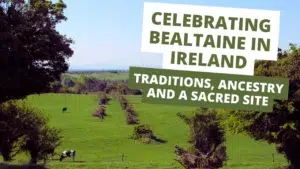
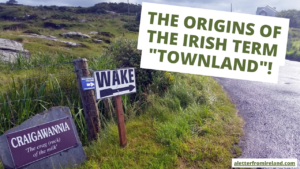
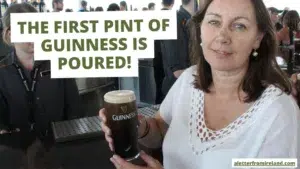
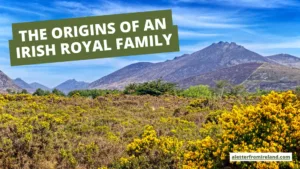
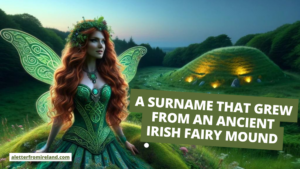
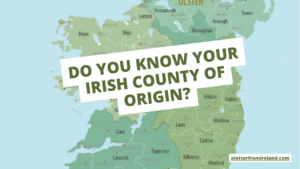
Only Plus Members can comment - Join Now
If you already have an account sign in here.